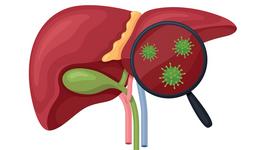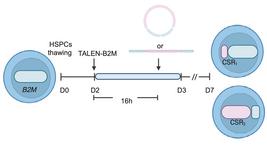CRISPR Plus Drug Treatment Makes Neuroblastoma Responsive to Immunotherapy
CMN Intelligence - The World’s Most Comprehensive Intelligence Platform for CRISPR-Genomic Medicine and Gene-Editing Clinical Development
Providing market intelligence, data infrastructure, analytics, and reporting services for the global gene-editing sector. Read more...
Neuroblastoma (NB) is a deadly childhood cancer that doesn’t respond well to checkpoint immunotherapy due to poor immunogenicity caused by low MHC class I expression and low neo-antigen burden.
In an article published this week in Journal of Experimental & Clinical Cancer Research, researchers in Italy and Australia report a new strategy to treat NB based on a combination of CRISPR-mediated gene silencing and a histone deacetylase inhibitor known as entinostat. They found that silencing the endoplasmic reticulum aminopeptidase 1 (ERAP1) gene in combination with entinostat increased the immunogenicity of NB cells, making them responsive to PD-1 therapy.
The PD-1 protein functions as a safety switch on T cells that cancer cells turn on to protect themselves from T cell-mediated immune responses. ERPA is an enzyme that trims peptides before loading on MHC class I molecules, and its inhibition results in the generation of new antigens that are capable of inducing potent anti-tumour immune responses.
The team observed that while neither strategy alone was effective, a triple combination of ERAP1 silencing + entinostat + PD-1 blockade significantly improved survival rates without toxicity in a mouse model of NB.
The approach is particularly promising because it could help overcome the low immunogenicity of NB, making it more susceptible to immunotherapy.
Read the full article in Journal of Experimental & Clinical Cancer Research here.
To get more CRISPR Medicine News delivered to your inbox, sign up to the free weekly CMN Newsletter here.
Tags
CLINICAL TRIALS
Sponsors:
Base Therapeutics (Shanghai) Co., Ltd.
Sponsors:
Base Therapeutics (Shanghai) Co., Ltd.







